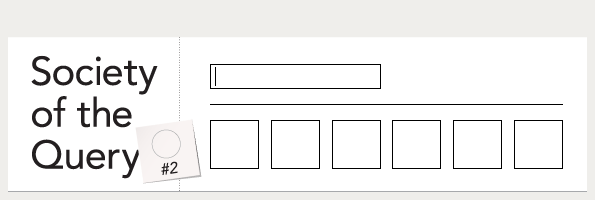The essay Critical Masses, Commerce, and Shifting State-Society Relations in China, recently published on The China Beat blog, is based on the script of a talk that Professor of Media Culture at the City University of New York Ying Zhu gave at Google’s New York offices on February 12, 2010. In her talk, Zhu focused on Google’s precarious relationship with China, but also on the reception of James Cameron’s ‘Avatar’ in Chinese theaters in order to investigate the concept of China’s emerging “critical masses” as constitutive of a quasi-public sphere invested with people power. Announcing Zhu’s talk in early February, the China Beat states:
No longer isolated, nameless masses, today’s Chinese audiences and social media users are critical masses: “critical” to the tenure of a one-party state that is no longer in a position to easily put down a popular rebellion; “critical” in the sense that they identify problems and demand, and indeed shape, state action; and “critical” in the sense that they constitute ready networks of audience members and information consumers with the potential to be moved to collective action by a catalyzing event or issue that transforms passive association into active participation in a critical mass of like-minded citizens expressing their passion in forums ranging from online debates to street-level demonstrations or even extended political or cultural campaigns. Zhu argues that media-centered critical masses are a central dynamic of China’s changing state-society relationship. Additionally, she suggests that this emerging dynamic is not limited to China, and identifies points of convergence between China and the West in politics and political participation. She proposes that the electoral politics of established democracies and the regime-sustaining politics of authoritarian states alike are trending toward a quasi-democratic “politics with globalized characteristics,” with important prospects and problems in common.
In addition to Zhu’s talk at Google, the follow-up essay features added sections by Ying Zhu and Bruce Robinson meant to tease out the issues that were left without further elaboration due to time constraints.


